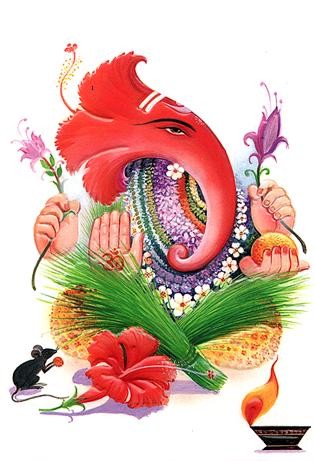Andhra boasts of producing maximum IITians
NEW DELHI: Andhra Pradesh breeds the most number of IITians in the country. At least the JEE organizing committee's report to MHRD proves so. This
year the maximum number of students qualifying for IIT from a single state - 1,697 - came from Andhra Pradesh with Uttar Pradesh following next with 1,194 students out of a total of 5,524 successful candidates.
According to the data compiled after the joint entrance examination (JEE) in 2007, Andhra had given the highest number of students to IITs - 1,384. According to IIT veterans, Andhra Pradesh has been on the top of the state-wise list of qualifying students in the last few years.
"This has been a general perception among all IITians that number of students coming to IIT from AP is more than from other state. The main reason for it is that Hyderabad is a major hub of coaching centres like Kota. And I must say, these coaching centres are doing a great job in training students for IIT JEE," said M S Anand, director, IIT-Chennai.
According to IIT professors, many students from south India migrate to Hyderabad for coaching and manage to crack JEE. So the students coming from Andhra Pradesh may not necessarily be natives. Most of them are known to go for a seat in IIT Chennai or IIT Bombay. And, with IIT Hyderabad debuting this year under the mentorship of IIT Chennai, the number is expected to go up.
"Students in Andhra Pradesh did not have an IIT till now. But they studied really hard and usually joined Chennai or Bombay. But of late, it seems most of them are going to IIT-Bombay. They say they like the food there better!" remarked Anand. Surprisingly, only 202 out of 9,929 students qualified from Tamil Nadu itself.
According to R Chattopadhyay, JEE chairperson, IIT-Delhi, this trend has come up in the last couple of years. "Once the students join the classes, nobody knows who comes from where because they all mingle so well. But the figures in the last two years have shown that most students qualify from Andhra. Many students also travel to Hyderabad for coaching adding to the number," he said. According to IIT officials, while IIT Delhi mostly gets students from north India in BTech, there are many students from Andhra Pradesh in the MTech course.
As for the maximum number of students appearing for JEE, UP leads the pack with 72,028 students appearing for JEE 2008 while 57,488 in 2007. Bihar also had a huge number of IIT aspirants - 30,490 this year and 14,854 in 2007 - however, unlike UPSC exams, they could not take IITs by storm. While 533 qualified this time, 146 were successful last year.
telugu





